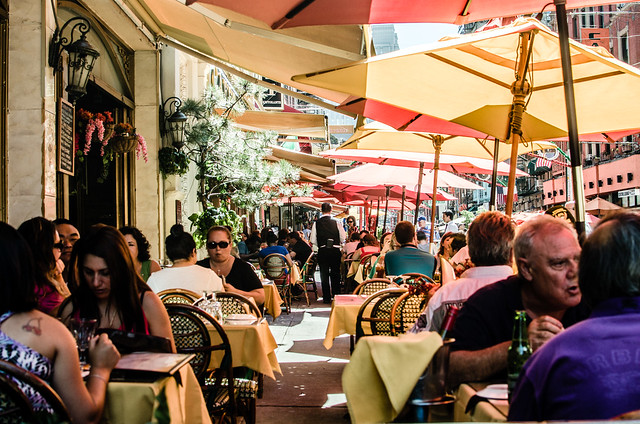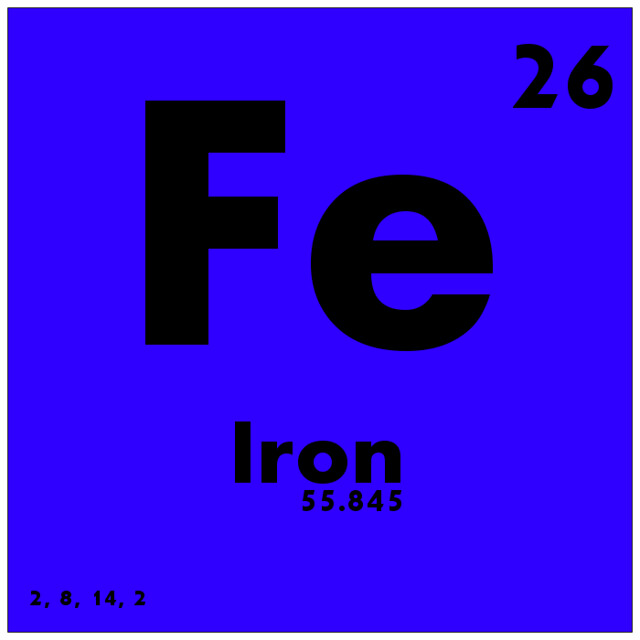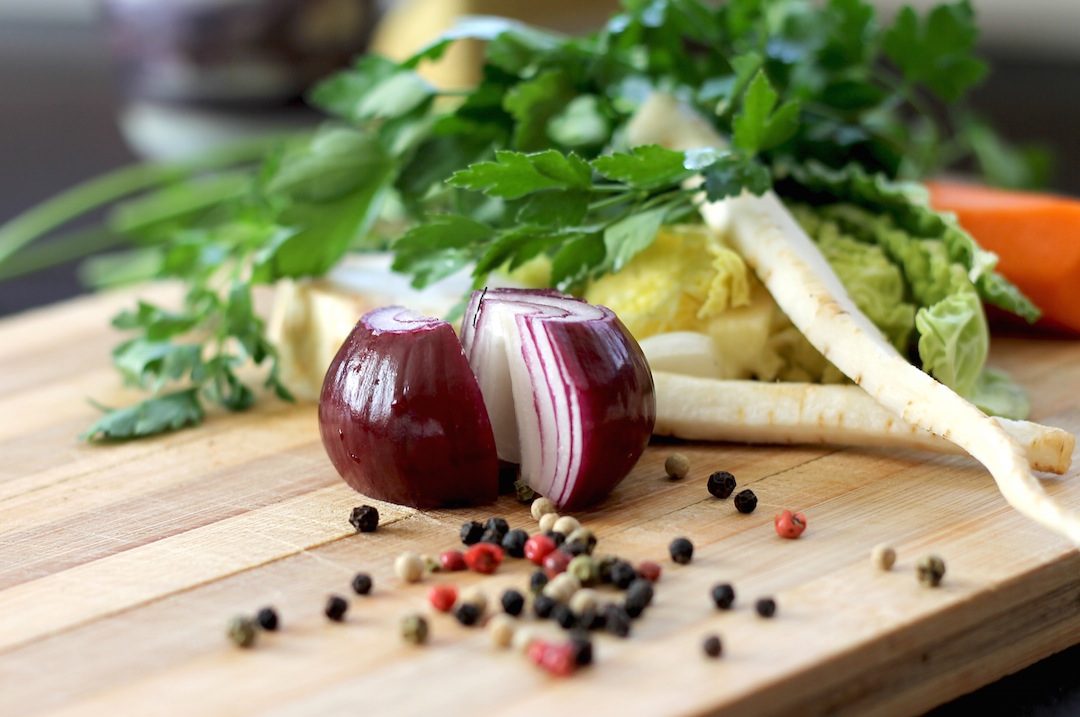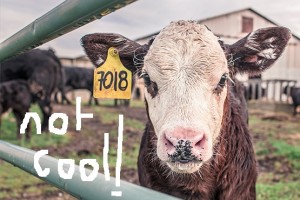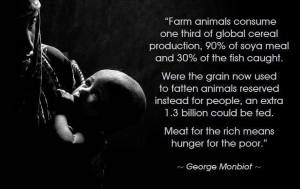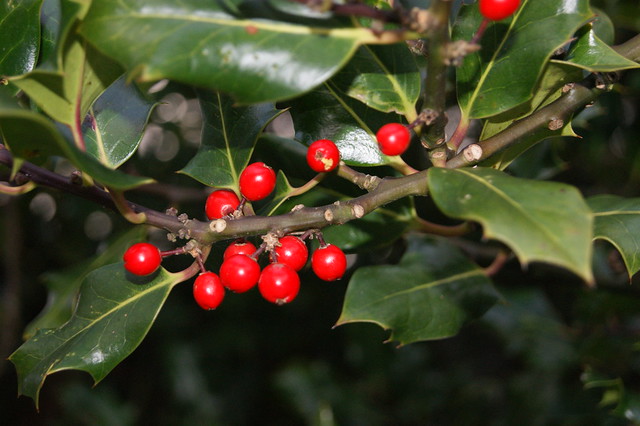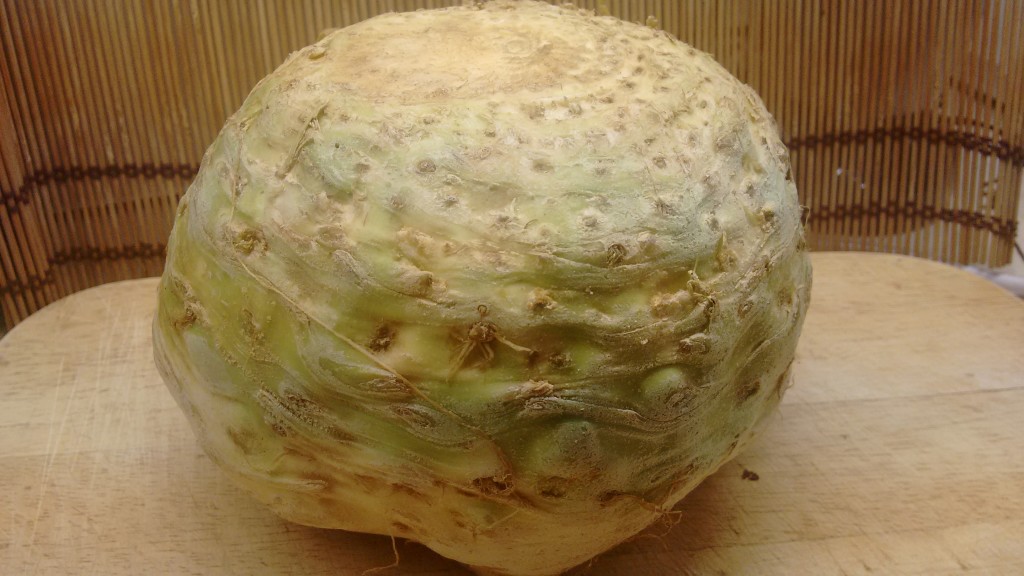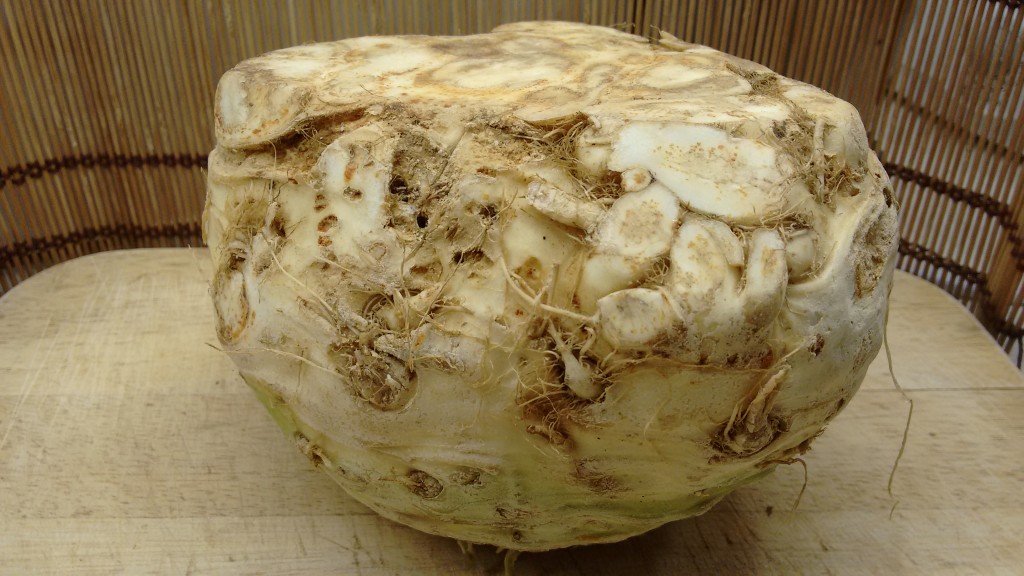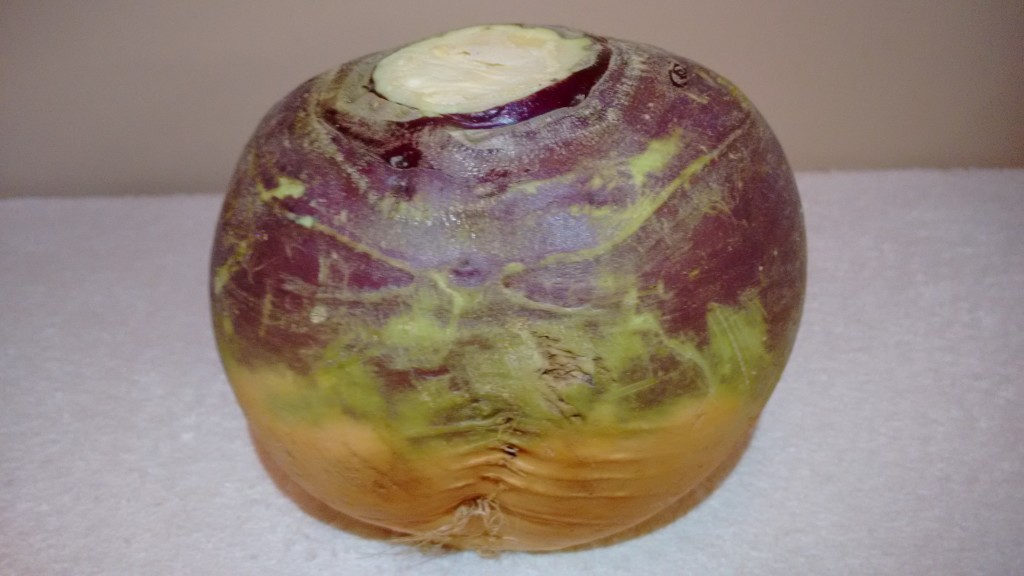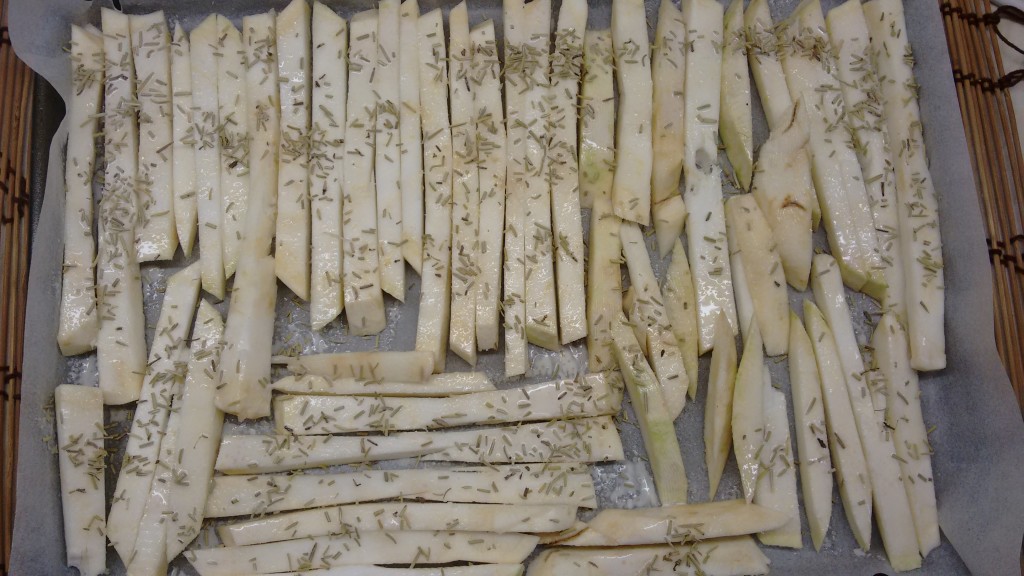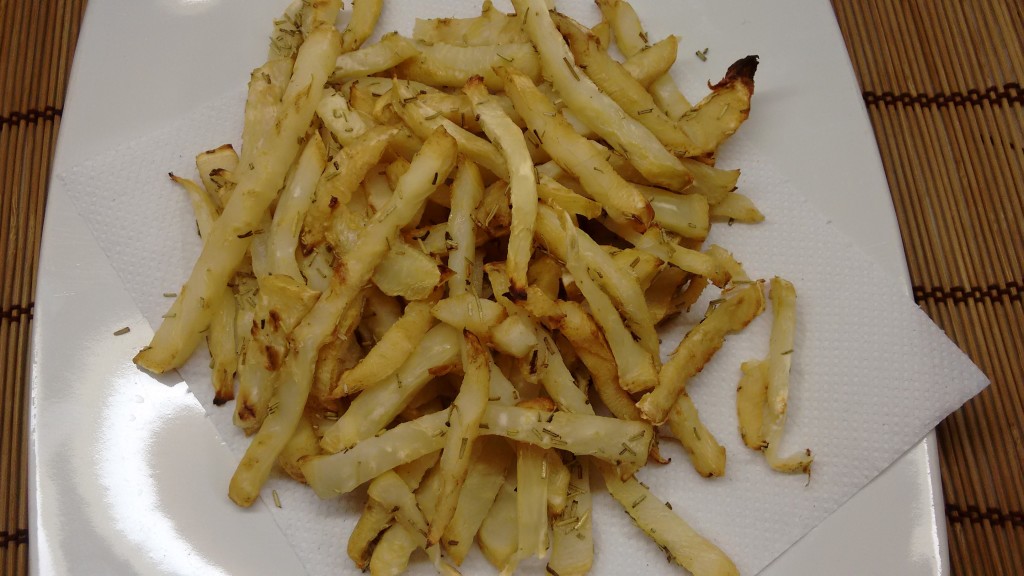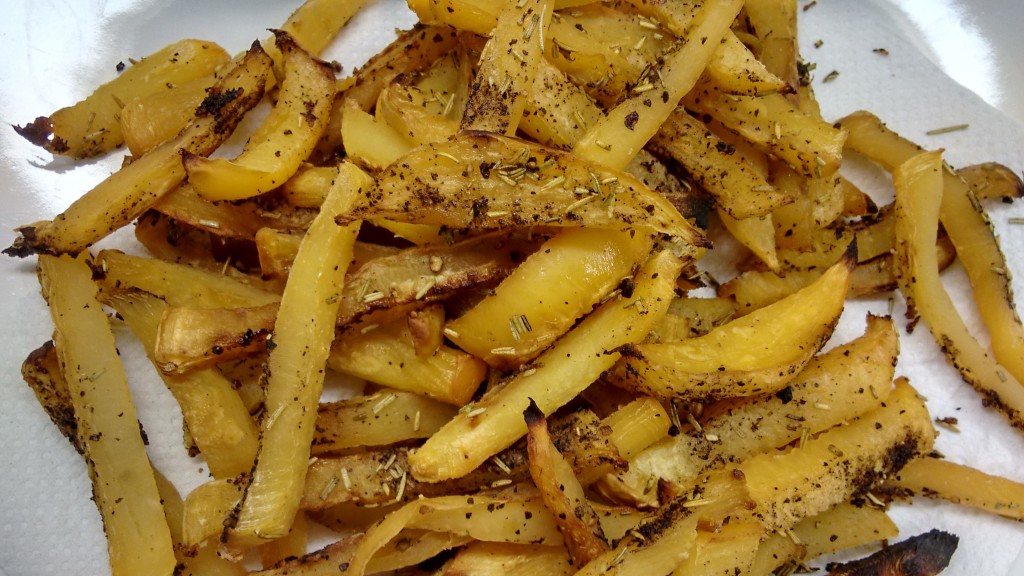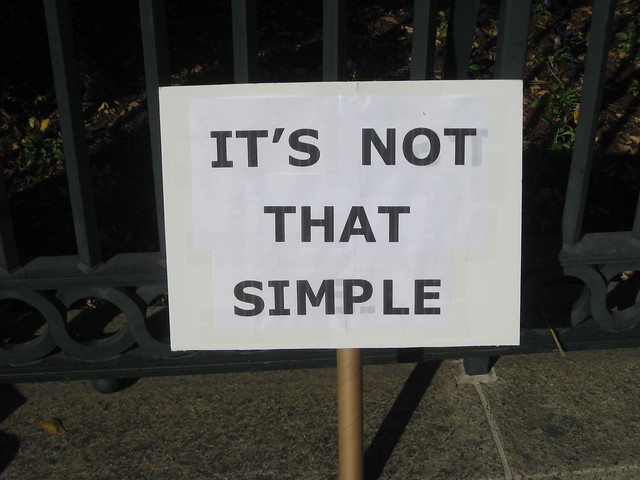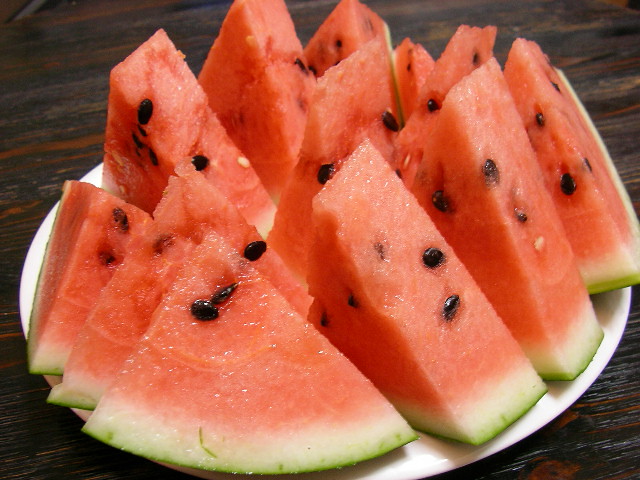
When you realise that living vegan is the most environmentally-friendly; most healthy (if it’s whole-food based); most ethically sound way to live with regards human and non-human animals; most effective way to combat world hunger, and the most world-peace promoting lifestyle there is; you naturally want to share this!
And of course the person you most want to share with is your partner.
But what do you do if your partner just cannot see things the way you see them?
When YOU have understood all the reasons for why vegan (or even if there’s just one reason that influenced you), it can have such a huge impact on you that it can feel hurtful and personal if your partner, the one who knows and loves you the most, just doesn’t get it.
Here are my tip-top tipz on what to do in this situation:
1. Communication is key.
Yes I know this sounds obvious, but it really ain’t as obvious as you think.
Remember that your partner likely has an opposite personality-type to you. This is why you were attracted to each other in the first place. ‘Opposites attract’ is a cliche because it’s mostly true. THUS, you more than likely communicate in a very different way to your partner.
If YOU are the partner that is not always direct and clear when communicating – now is the time to try and be as clear as possible when expressing yourself to your partner about this subject.
If it helps, write down what you want to say before you say it. More often than not writing something down brings clarity. Be sure to explain all your reasons for your decision, and how much it would mean to you if they would also read/watch/listen to the information that you’ve just learned.
You know your partner. Speak to their interests. If you have kids, talk about the environment. If they have health issues in their family, speak to those. If you have pets or if they had a beloved pet in their childhood, explain how all animals are the same.
But above all, be clear and express how you feel and what would make you happy. Your partner is invested in making you happy. That’s why they agreed to be your partner 🙂
2. Once you’ve communicated – lead by example.
If your partner witnesses you getting healthier, happier and living life with gusto and purpose – this is contagious.
Don’t forget your partner will notice this about you more than anyone else will.
As you become more confident in your plant-based lifestyle, your relationships will likely get better too – the more you love yourself (which is what you are doing by living the healthiest, most compassionate and conscious way possible), the more you can love others, right?
When your partner sees what THEY are gaining from you being this new amazing version of yourself, chances are they’ll start to think about what effect a plant-based lifestyle could have on them too.
3. Have fun with a little bit of sneakiness and stealth!
If you don’t like the word ‘sneakiness’ just call it ‘creative strategising’!
Nothing wrong with having fun and being tricksy if it’s all for the greater good, amiright? And what’s the greater good if it’s not guiding your partner towards living in accordance with their own ethics (that you KNOW they have, deep down), improving their health and that of the planet??
Here are a few ideas:
- Leave some yummy vegan treats lying around open (chocolate, cookies etc), just begging to be sampled by the next person that comes along – who just MIGHT be your partner! When you can see they’ve availed themselves of the goodies you left out, just casually mention that they were vegan!
- Take your partner out to an ethnic restaurant; Ethiopian, South Indian or Middle Eastern for example; somewhere you KNOW the vegan options are plentiful, delicious, and look far more engaging than a plate of brown sludgy-looking meat and rice. Let your partner order whatever they will, then tuck into your plant-tastic lusciousness with alacrity and be sure to make all the relevant foodgasmic noises!
- We all know omnivores take longer in the, er, bathroom than vegans. Leave some interesting reading material in there, like, ooh, The Food Revolution by John Robbins (lots of interesting bite-size facts in there!), or Veganist by Kathy Freston.
- Dial (or go get) a pizza, and have it made with Daiya mozzarella. Make sure there are plenty of other tasty veg on there too (olives, mushrooms, red onion etc), and serve it up when your partner comes home from work hungry and you know they’ll eat whatever’s being served up. If they are a pizza lover, I can pretty much guarantee they will enjoy it, and will not believe it when you tell them (once they’ve eaten it of course) that it was vegan. Nothing like showing people that they won’t miss out on anything when stealthily nudging them towards being plant-based!
4. If it feels like you are talking to the wall; like you’ve communicated in the best way possible to your partner and tried every trick in the book – you know what? Just leave it for a while.
Yup. Just leave it alone for a time.
If you are a new vegan yourself, you are no doubt still learning and facing challenges too. It can be draining going through this and trying to get someone else on board at the same time.
Conserve your energy for a while. Focus purely on No. 2 – leading by example.
And remember, it’s often in the silence; the quiet; the spaces between; (meaning, in the times when you are NOT actively encouraging your partner to go vegan) that information can settle, and register.
5. Know where you end and another person begins.
This is the title of a podcast episode by Colleen Patrick Goudreau. If you want to listen to the relevant portion it’s at around 30 minutes in. The caller is talking about her family, but it’s relevant to anyone you are close with.
Ultimately, you CAN’T change your partner. They have to have their own realisations and their own, in Oprah parlance, ‘AHA moments.’
All you can do is share information, lead the way, and make it easy for them to transition to a vegan lifestyle as and when these revelatory moments happen.
Again, it’s often in moments when you are least expecting it that dots get joined and consciousness shifts. Be patient.
6. Never give up hope
No, never!
You never know what’s down the line.
Even if right now, your partner is chowing down on a big bacon sandwich and gurgling ‘…ooh, yummy, yummy flesh’ – I can promise you that far more unlikely people have gone vegan.
You want examples?
Check out the plant-fuelled trucker; or this chef that previously loved meat and cheese; or this Cajun guy who was raised on rich, fried traditional food.
John Robbins (author of The Food Revolution) was heir to the Baskin-Robbins ice-cream legacy, but went vegan and walked away from it – how unlikely is that? Dr T Colin Campbell (author of The China Study) was raised on a dairy farm and actually started his career trying to prove that animal protein was the optimal protein for humans. Again, he is NOT the person you would have expected to go plant-based.
There’s plenty more examples where that came from.
Your partner will never be the most unlikely plant-based candidate, so stay optimistic!

